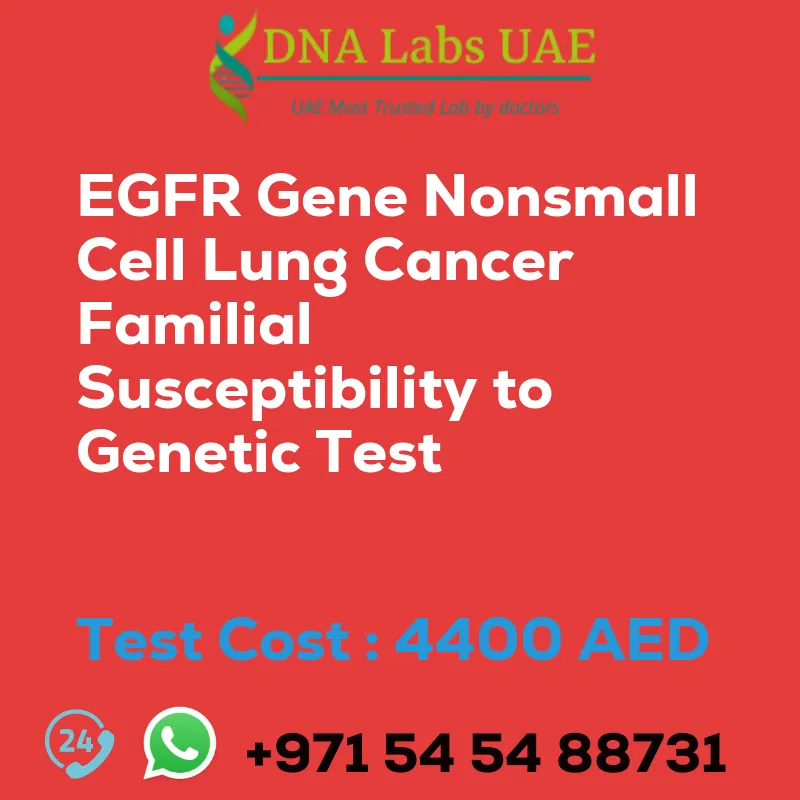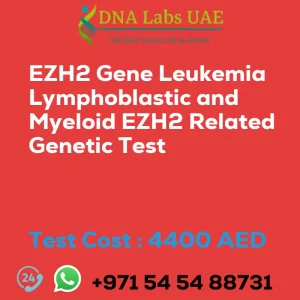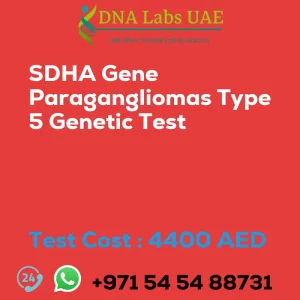EGFR Gene Nonsmall cell lung cancer familial susceptibility to Genetic Test
Genetic testing plays a crucial role in identifying the risk factors associated with various diseases, including cancer. At DNA Labs UAE, we offer the EGFR Gene Nonsmall cell lung cancer familial susceptibility to Genetic Test, which helps in determining the likelihood of developing lung cancer within a family.
Test Details
The EGFR gene (Epidermal Growth Factor Receptor) is responsible for coding a protein involved in cell growth and division. Mutations in this gene have been found in nonsmall cell lung cancer (NSCLC) cases. Familial NSCLC refers to the hereditary predisposition to developing lung cancer within a family.
Our NGS (Next-Generation Sequencing) technology allows us to analyze multiple genes simultaneously and identify genetic variations or mutations. With our NGS-based genetic test, we can screen for mutations in the EGFR gene and other genes associated with familial NSCLC.
By identifying specific mutations in the EGFR gene, our genetic test can determine if an individual has an increased susceptibility to familial NSCLC. This information is vital for early detection, risk assessment, and personalized treatment options.
Test Components and Price
Test Name: EGFR Gene Nonsmall cell lung cancer familial susceptibility to Genetic Test
Components: NGS Technology
Price: 4400.0 AED
Sample Condition: Blood or Extracted DNA or One drop Blood on FTA Card
Report Delivery: 3 to 4 Weeks
Test Type: Cancer
Doctor: Oncologist
Test Department: Genetics
Pre Test Information
Before undergoing the EGFR Gene Nonsmall cell lung cancer familial susceptibility to Genetic Test, it is essential to provide the clinical history of the patient. Additionally, a Genetic Counselling session will be conducted to draw a pedigree chart of family members affected by EGFR Gene Nonsmall cell lung cancer familial susceptibility to NGS Genetic DNA Test.
It is crucial to consult with a healthcare professional or genetic counselor for proper guidance and support during the genetic testing process and interpretation of the test results.
At DNA Labs UAE, we are dedicated to providing accurate and reliable genetic testing services. Contact us today to schedule your EGFR Gene Nonsmall cell lung cancer familial susceptibility to Genetic Test and take a step towards early detection and personalized treatment.
| Test Name | EGFR Gene Nonsmall cell lung cancer familial susceptibility to Genetic Test |
|---|---|
| Components | |
| Price | 4400.0 AED |
| Sample Condition | Blood or Extracted DNA or One drop Blood on FTA Card |
| Report Delivery | 3 to 4 Weeks |
| Method | NGS Technology |
| Test type | Cancer |
| Doctor | Oncologist |
| Test Department: | Genetics |
| Pre Test Information | Clinical History of Patient who is going for EGFR Gene Nonsmall cell lung cancer, familial, susceptibility to NGS Genetic DNA Test. A Genetic Counselling session to draw a pedigree chart of family members affected with EGFR Gene Nonsmall cell lung cancer, familial, susceptibility to NGS Genetic DNA Test gene EGFR |
| Test Details |
The EGFR gene (Epidermal Growth Factor Receptor) is a gene that codes for a protein involved in cell growth and division. Mutations in the EGFR gene have been identified in various cancers, including nonsmall cell lung cancer (NSCLC). Familial NSCLC refers to cases where there is a hereditary predisposition to developing lung cancer within a family. In some cases, mutations in genes like EGFR can increase the risk of developing NSCLC. NGS (Next-Generation Sequencing) is a technology used to analyze multiple genes simultaneously and identify genetic variations or mutations. NGS-based genetic tests can be used to screen for mutations in the EGFR gene and other genes associated with familial NSCLC. By identifying specific mutations in the EGFR gene, NGS genetic tests can help determine if an individual has an increased susceptibility to familial NSCLC. This information can be used for early detection, risk assessment, and potentially personalized treatment options. It’s important to note that genetic testing and the interpretation of test results should always be done in consultation with a healthcare professional or genetic counselor who can provide appropriate guidance and support. |








